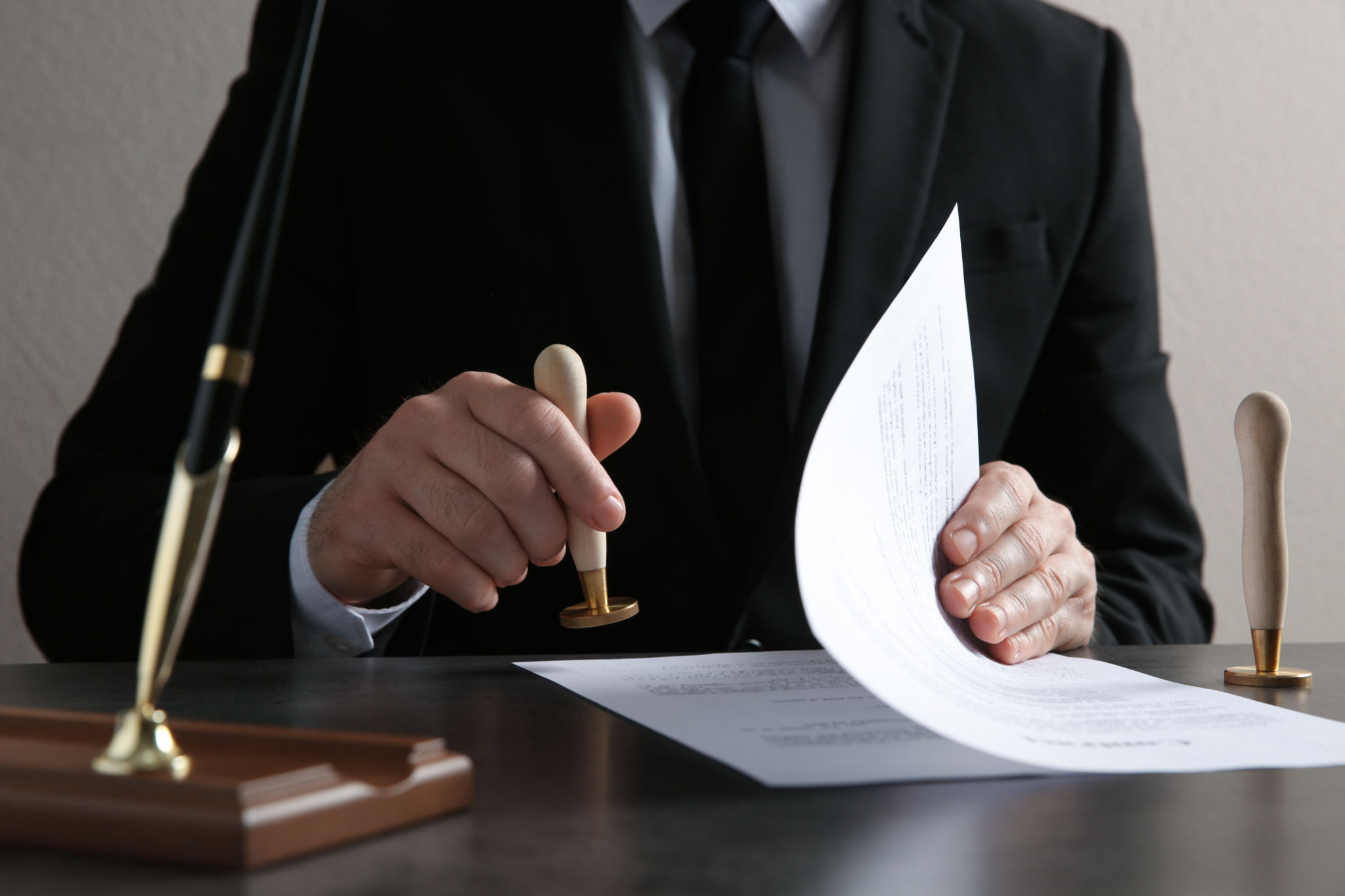Navigating the Notarization Process for First-Time Users
RJ
Understanding Notarization
For many first-time users, the notarization process can seem daunting. However, it is an essential step in ensuring the validity and authenticity of important documents. In simple terms, notarization is the official fraud-deterrent process that assures the parties involved that a document is genuine and properly executed. This process involves a licensed notary public who verifies the identities of the signatories and witnesses the signing.

Why Notarization is Important
The primary purpose of notarization is to prevent fraud and ensure that the person signing a document is who they claim to be. This is particularly crucial for legal documents such as wills, deeds, and powers of attorney. By requiring notarization, the law adds an extra layer of security and legitimacy. It also helps to clarify any ambiguities or misunderstandings that might arise from unsigned or improperly executed documents.
Steps to Get Your Document Notarized
If you are new to the notarization process, here are some steps to guide you:
- Identify the documents you need notarized.
- Find a licensed notary public in your area. This could be at a bank, law office, or a local government office.
- Bring valid identification, such as a driver's license or passport.
- Sign the document in front of the notary public.
- Pay the notary fee, if applicable, and receive your notarized document.

Choosing the Right Notary
Not all notaries offer the same services, so it's crucial to choose one that fits your needs. Some notaries specialize in certain types of documents or industries, which can be beneficial if you have specific requirements. Additionally, consider whether you need a mobile notary who can come to your location, which is particularly useful for those with mobility issues or tight schedules.
Common Challenges and How to Overcome Them
While the notarization process is generally straightforward, first-time users may encounter some challenges. One common issue is forgetting to bring proper identification, which is essential for the notary to verify your identity. Another challenge might be finding a notary available at short notice. To overcome these obstacles, plan ahead and ensure you have all necessary documentation in order.

Digital Notarization: A Modern Solution
In response to evolving needs, digital notarization has emerged as a convenient alternative. This process allows you to get documents notarized online through secure video conferencing. Digital notarization is legally recognized in many states and offers a faster, more accessible option for those who are tech-savvy or unable to visit a notary in person.
Ensuring Document Security
Whether you opt for traditional or digital notarization, safeguarding your documents is paramount. Always keep copies of your notarized documents in a secure location and consider using encrypted storage solutions for digital copies. This ensures that your important paperwork remains safe from unauthorized access and potential fraud.
Navigating the notarization process for the first time doesn't have to be overwhelming. With a clear understanding of its importance and by following the outlined steps, you can confidently manage this essential task. Whether through traditional means or utilizing modern technology, notarization remains a vital component in maintaining the integrity and legality of your documents.